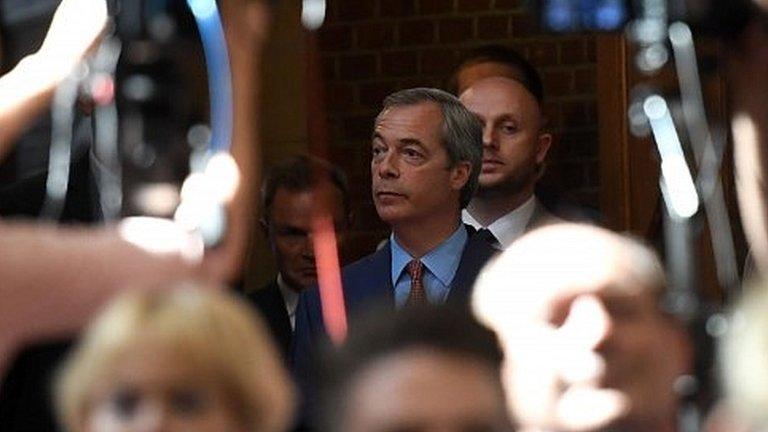After Brexit, what now for UKIP?
- Published
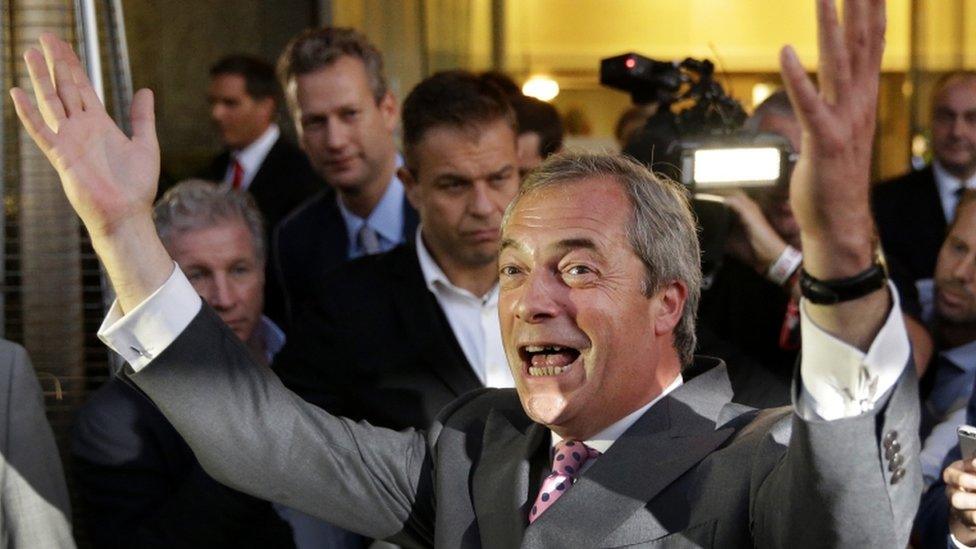
Nigel Farage is stepping down as leader because his "political ambition has been achieved"
Few political parties set off with a single, defining objective and even fewer actually achieve it. But with Brexit, UKIP has done both.
So what on earth do they do now?
To put it bluntly "what is the point of UKIP?" is the question all of the wannabes hoping to replace Nigel Farage must be able to answer.
They are an assembly of the anonymous, vying to succeed one of the most recognisable faces in British politics.
Think what you like about Mr Farage, but, as former Prime Minister David Cameron will tell you, there is a reason why many say all political careers end in failure. It is because lots do, but Mr Farage's did not.
Policy direction
He set out in politics with a single aim and he achieved it - and in so doing can claim to be one of the most influential politicians of his generation.
Quite an achievement for someone who had seven unsuccessful attempts to get elected to the House of Commons.
So who are the people hoping to take over from him? You can read more about the six candidates here.
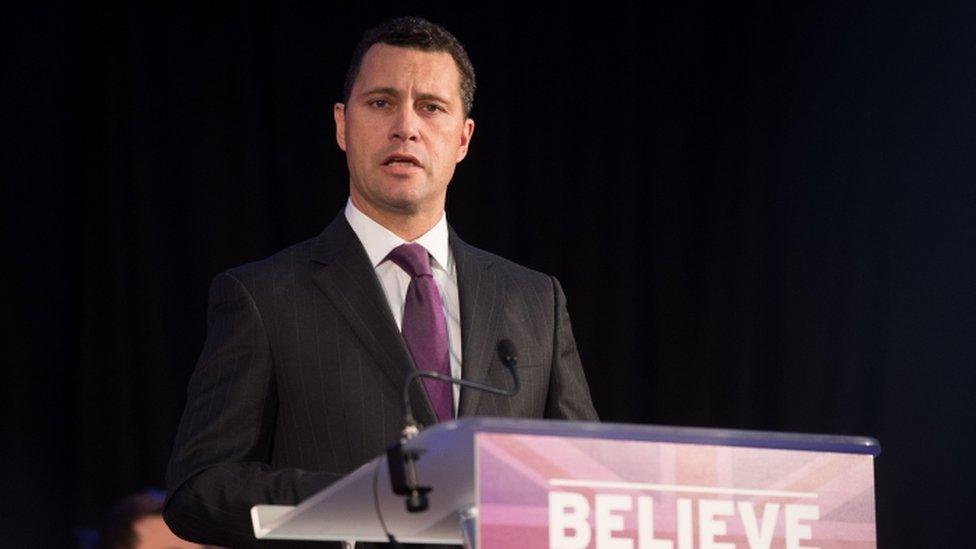
Steven Woolfe, seen as the front runner, was excluded from the contest after missing the deadline
The row over the exclusion of Steven Woolfe from the shortlist tells us three things.
Being seen as the runaway favourite hasn't been the fashionable way to become a political leader in 2016. Just ask Boris Johnson
UKIP is rather used to regular blasts of internal turbulence. This latest contribution, measured on the political Beaufort Scale, was certainly gusty, even stormy
Once you remove the one thing that unites all members of UKIP, getting out of the EU, there is a whole panoply of priorities that emerge
Should the party be a free market, cut tax or be an advocate of smaller government - or maybe the opposite?
Should it chase disillusioned Conservatives or former Labour voters or should its focus be on gaining a stronger foothold in local government?
How about throwing everything at by-elections in the hope of sending more MPs to Westminster?
And what sort of leader should the party elect - a second Nigel Farage or someone very different?
Departure lounge
Awkward questions but a nice problem for UKIP to have, because these quandaries only arise because the party has already achieved its goals.
"What began in 1993 as the Anti Federalist League in a dusty office of the London School of Economics, and took a fringe issue and made it mainstream; led 23 years later to the UK now sitting in the European Union departure lounge."
The question now, having achieved that, is will UKIP also head off into the political sunset?
Or can one of the six wannabes successfully take the party into a new chapter in its history?
- Published3 August 2016
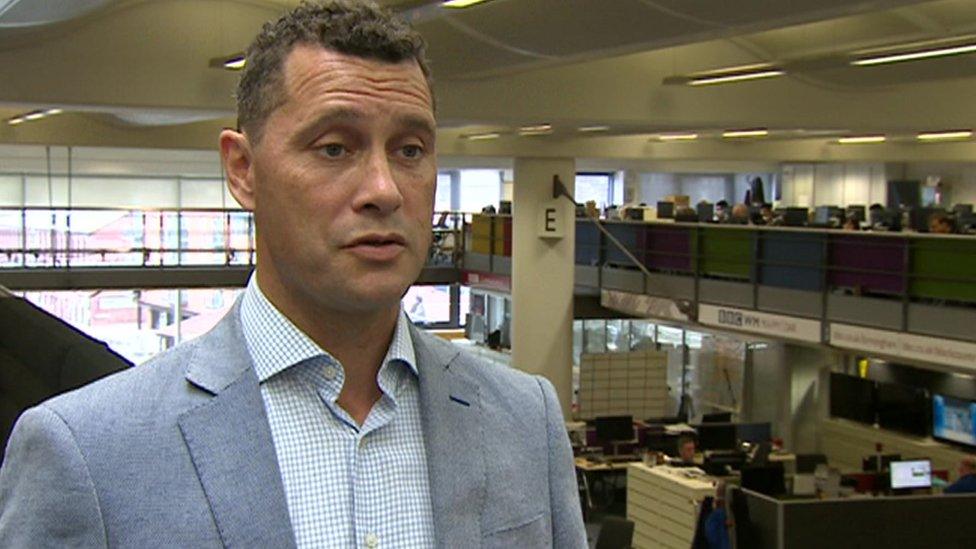
- Published15 August 2016
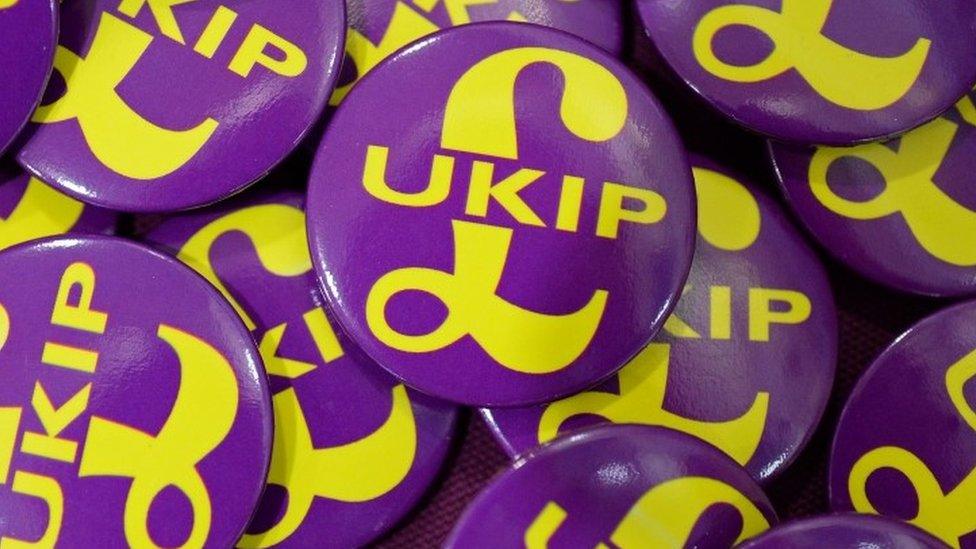
- Published4 July 2016
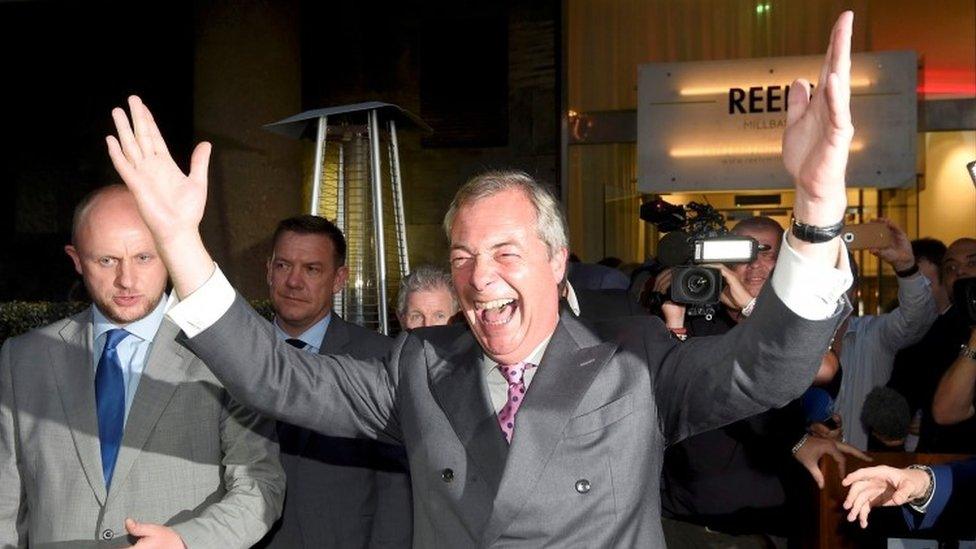
- Published4 July 2016
